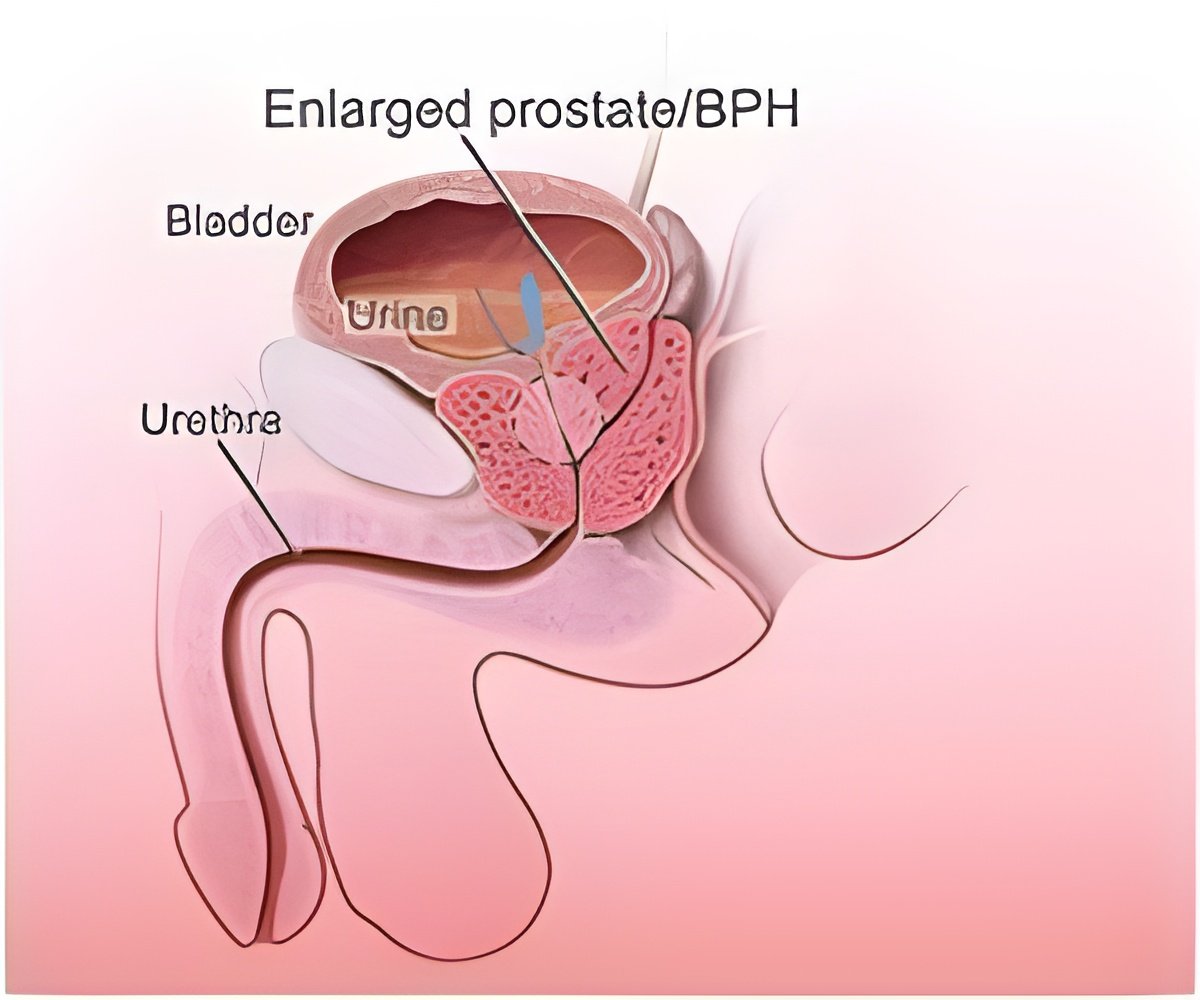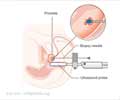Men with prostate cancer need not undergo radiotherapy after the surgery anymore.

‘This is good news for future patients as it means that many men will avoid the adverse side-effects of radiotherapy, which can include urinary incontinence.’
Read More..




These findings, from the largest ever trial of postoperative radiotherapy in prostate cancer, was being presented at (Friday 27 September) at the 2019 ESMO Annual Meeting in Barcelona, Spain.
Answering a longstanding question about whether the benefits of radiotherapy after surgery outweigh the side effects, the trial results found no difference in disease recurrence at five years between men who routinely had radiotherapy shortly after surgery and men who had radiotherapy later if cancer came back.Read More..
The RADICALS-RT trial, which was run through the MRC Clinical Trials Unit at University College London, enrolled 1,396 patients after surgery for prostate cancer from the UK, Denmark, Canada, and Ireland. Men were randomly allocated to postoperative radiotherapy or the standard approach of observation only, with radiotherapy kept as an option if the disease recurred.
At a median follow-up of five years, progression-free survival was 85% in the radiotherapy group and 88% in the standard care group. Chief Investigator Professor Chris Parker, Consultant Clinical Oncologist at The Royal Marsden NHS Foundation Trust and Professor in Prostate Oncology at the Institute of Cancer Research (ICR), said:
"The results from this trial indicate that postoperative radiotherapy in prostate cancer patients is equally effective, whether it is given to all men shortly after surgery or only given later to those men with recurrent disease. There is a strong case now that observation should be the standard approach after surgery, and that radiotherapy should be used if cancer comes back.
"This is good news for future patients as it means that many men will avoid the adverse side-effects of radiotherapy, which can include urinary incontinence. This is a potential complication after surgery alone, but the risk is increased if radiotherapy is used as well." The data presented from the RADICALS-RT trial is from a five year follow up looking at disease reoccurrence. The intention, in the long run, is to see if postoperative radiotherapy has an effect on the development of secondary tumors.
Advertisement









![Prostate Specific Antigen [PSA] Prostate Specific Antigen [PSA]](https://www.medindia.net/images/common/patientinfo/120_100/prostate-specific-antigen.jpg)





